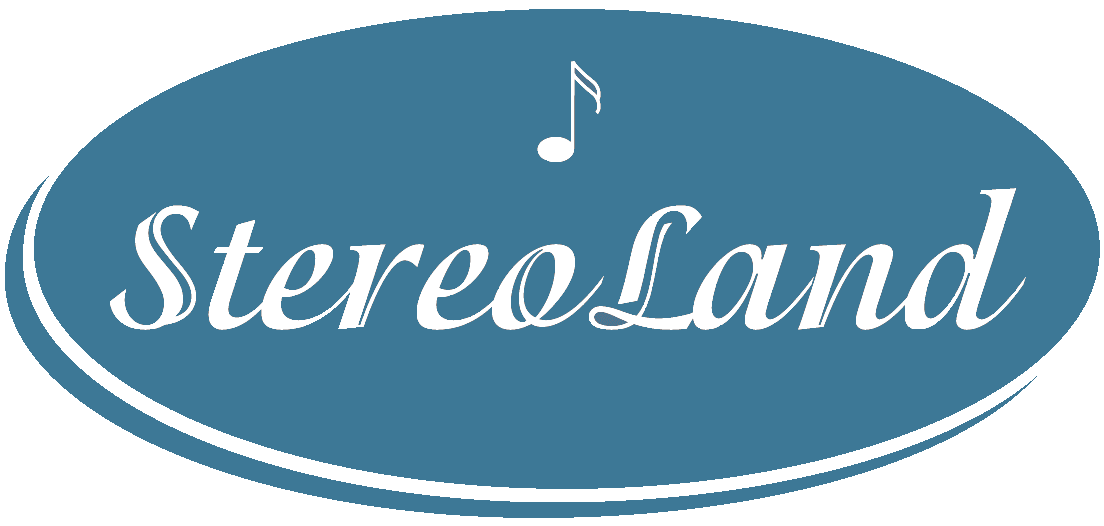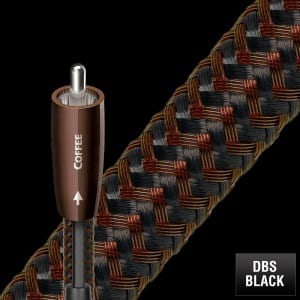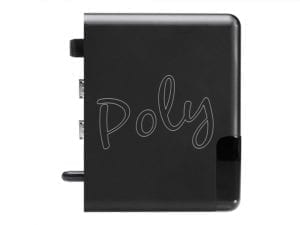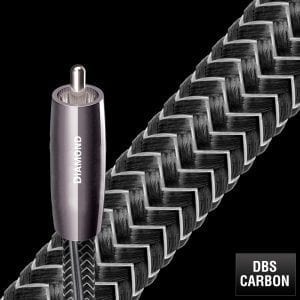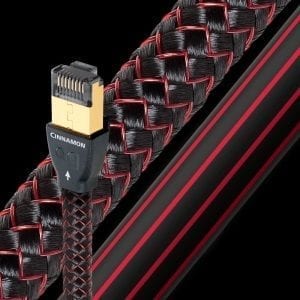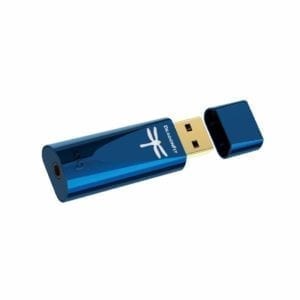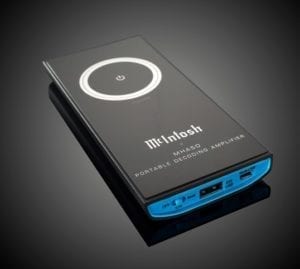Digital Coax Audio Cable (10% Silver)
AudioQuest Digital Coax cables are designed to minimize distortion across an extremely wide bandwidth. For many applications, the speed of digital communication is important. Most visibly, “speed” is about transferring large files as quickly as possible, or carrying enough data for HD video. For Digital Coax audio “speed” is critical not because of how-much how-fast, but because time relationships within a digital stream are critical to the reconstruction of the analog waveform that brings information, music and joy to our ears. Time-based damage (jitter) to this information within the data package makes the sound small and flat instead of 3D, harsh and foggy instead of smooth and clear.
Available Lengths: 0.75m-5m
SOLID 10% SILVER-CONDUCTORS
Solid conductors eliminate strand-interaction distortion and reduce jitter. Solid silver-plated conductors are excellent for very high-frequency applications. These signals, being such a high frequency, travel almost exclusively on the surface of the conductor. As the surface is made of high-purity silver, the performance is very close to that of a solid silver cable, but priced much closer to solid copper cable. This is an incredibly cost effective way of manufacturing very high-quality digital coax cables.
HARD-CELL FOAM INSULATION
Hard-Cell Foam (HCF) Insulation ensures critical signal-pair geometry. Any solid material adjacent to a conductor is actually part of an imperfect circuit. Wire insulation and circuit board materials all absorb energy. Some of this energy is stored and then released as distortion. Hard-Cell Foam Insulation is similar to the Foamed-PE used in our more affordable Bridges & Falls cables, and is nitrogen-injected to create air pockets. Because nitrogen (like air) does not absorb energy and therefore does not release any energy from or into the conductor, distortion is reduced. In addition, the stiffness of the material allows the cable’s conductors to maintain a stable relationship along the cable’s full length, producing a stable impedance character and further minimizing distortion.
CARBON-BASED 6-LAYER NOISE-DISSIPATION SYSTEM (NDS)
It’s easy to accomplish 100% shield coverage. Preventing captured Radio Frequency Interference (RFI) from modulating the equipment’s ground reference requires AQ’s Noise-Dissipation System (NDS). Traditional shield systems typically absorb and then drain noise/RF energy to component ground, modulating and distorting the critical “reference” ground plane, which in turn causes a distortion of the signal. NDS’s alternating layers of metal and carbon-loaded synthetics “shield the shield,” absorbing and reflecting most of this noise/RF energy before it reaches the layer attached to ground.
SILVER-PLATED BRAID SHIELD
DIELECTRIC-BIAS SYSTEM WITH RADIO FREQUENCY TRAP
All insulation between two or more conductors is also a dielectric whose properties will affect the integrity of the signal. When the dielectric is unbiased, dielectric-involvement (absorption and non-linear release of energy) causes different amounts of time delay (phase shift) for different frequencies and energy levels, which is a real problem for very time-sensitive multi-octave audio. The inclusion of an RF Trap (developed for AudioQuest’s Niagara Series of power products), ensures that radio frequency noise will not be induced into the signal conductors from the DBS field elements. (DBS, US Pat #s 7,126,055 & 7,872,195 B1)
